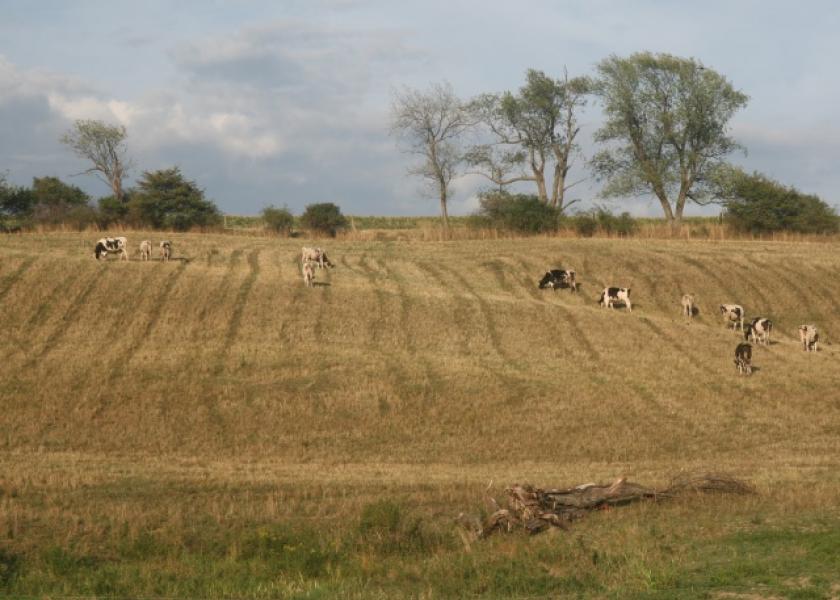Study: Montana's Average Temperature Continues to Increase

Montana's average temperature continues to increase, leading the fire and growing seasons to last longer and causing drought conditions to increase in frequency and duration, a new report said.
The Montana Climate Assessment , carried out by the Montana University System's Institute on Ecosystem, suggests Montana may need to start storing more water and farmers and ranchers may need to switch to more drought-tolerant crops or grazing grasses.
"So much of our ranging production is irrigation and timing, so the snowpack and these different variables will help us start to make more insightful decisions for our ranchers moving forward," said Errol Rice, executive vice president of the Montana Stockgrowers Association.
The two-year study, released Wednesday, looked at past climate data and the impact on the state's water, forests and agriculture.
The assessment is meant to help Montanans "plan, make wise decisions and become more resilient," Montana State University Professor Cathy Whitlock said Wednesday.
The authors plan to travel the state over the next year to discuss the findings.
Between 1950 and 2015, Montana saw an average 2 to 3 degree Fahrenheit increase in temperature, said Kelsey Jensco, state climatologist. "That's double what the United States as a whole has seen." The study suggests future temperature changes will be larger in magnitude and occur more rapidly.
The study found no significant trends in annual precipitation, but winter snowpack has decreased while spring rains have increased. That could be due to the natural variability of climate.
The Montana Climate Assessment projects precipitation will increase for all regions of the state in the fall, winter and spring and decrease in the summer. That coupled with the warming trend will lead to longer and deeper droughts and an increase in the size, frequency and severity of forest fires, the study said.
Lola Raska, executive vice president of the Montana Grain Growers Association, said the information will help drive research efforts in creating crop varieties that can thrive in a warmer climate.
The authors plan to expand their work in the future to address the effects of Montana's climate on tourism and recreation, fish and wildlife, human health and energy development.







